Column: On science, religion and a faith-filled physician
Photo credit: Noel Jones II
As a new strain of coronavirus overtakes the world, one doctor leans on both her medical and religious backgrounds to address the situation.
Let’s go back to another time, before social distancing and online learning.
On a breezy January morning, the Archer School for Girls launched its 13th annual Diversity Conference. Through the Archer Interfaith Association (AIA), I presented Faith vs. Fact: The Unfortunate War Between Science and Religion, a Diversity Conference workshop meant to bust the myth that science and religion cannot coexist.
Now, we’re in the present. Archer has officially moved online because of COVID-19, a coronavirus disease which the World Health Organization labeled a pandemic on March 11.
I interviewed Dr. Cozzette Lyons-Jones about this unprecedented situation. Why? Well, the fact that she’s my mother is actually beside the point. For the past several weeks, Lyons has led operations to combat COVID-19 as Chief of Adult Medicine at Watts Healthcare Corporation, a federally qualified health center (FQHC) in Los Angeles. Both her medical and her spiritual training have been invaluable tools for addressing this global crisis.
If there was ever a time to revisit the benefits of science and religion coexisting, I firmly believe that time is now — but I cannot do it alone. Though this column traditionally showcases my opinions, I have very little personal knowledge to contribute to the coronavirus conversation. Lyons offers a more profound and complete perspective of what good can come from balancing faith and fact.
After graduating medical school in 1997, Lyons became a faculty member at the UCLA David Geffen School of Medicine’s Internal Medicine Residency Training Program. She later worked for HealthCare Partners Medical Group for 14 years before transitioning to Watts Healthcare Corporation. Lyons has dedicated her life to the medical field, and the same can be said of her commitment to spiritual growth. At the age of 15, Lyons chose to become an Apostolic Christian. Later, she taught at Cottonwood College and headed a Christian mentoring program for young women.
“My perspective is always through the lens of being a person of science as well as a person of faith,” Lyons said.
Her dual lens of faith and science greatly impacted the way Lyons first approached COVID-19 in her workplace. Since joining the medical missionary field in 2006, Lyons has assisted communities abroad using her medical expertise. Specifically, a mission she undertook in Haiti days after the devastating earthquake in 2010 gave her irreplaceable experience in crisis management and dealing with unfamiliar environments. She now finds herself calmer than many of her peers because she has confronted dire situations before.
This experiential peace kept Lyons centered as COVID-19 began to transform Watts Healthcare Corporation. To protect other patients, clinical staff and nonclinical staff from potential carriers of the disease, Lyons found herself training full departments on how to convert face-to-face appointments to the virtual environment as quickly as possible.
“The future is now, and that’s technologically driven,” she said. “In one day, I learned how to do the technology––which is tremendous for me, because I never considered myself to be a techy person.”
Still, being a doctor comes with a certain risk. COVID-19 has made that risk much more apparent for all medical personnel. Lyons has had to lean on her faith as well as her medical knowledge to maintain a clear mind, remain useful to her coworkers and quell her fear.
“God is still God,” she said. “The environment that we’re in has changed, but that doesn’t mean He has changed. We oftentimes create a God that is manlike, or has attributes of ourselves, and He wasn’t made in our image. We were made in His. I allow Him to be the peace that passes all understanding within me so that I don’t lose balance and lose my mind in the midst of new territory.”
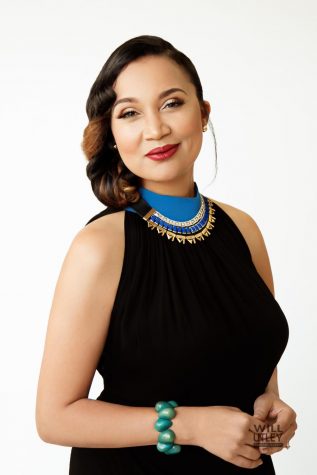
Dr. Cozzette Lyons-Jones has confronted the COVID-19 crisis by using her extensive medical and spiritual expertise to revamp Watts Healthcare Corporation’s patient care system.
While concentrating on the peace provided by a higher power, Lyons also studies the situation on the ground. Before the World Health Organization (WHO) registered this coronavirus disease as a pandemic, she monitored the situation by listening to WHO briefings each morning. Understanding the medical side of this pandemic assures her she is prepared to help the people around her. She holds fast to this desire to help others; it keeps her going to work with a set goal.
“The greater good is when you can connect to people that you don’t know,” Lyons said. “[People] that you’ve never even met, in other parts of the country or in the world, and you do that with no expectation of getting anything back in return other than the blessing of knowing that they’re okay or that they were made better because of what you did.”
In this way, Lyons’ dual identities provide her with a stable foundation for continuing the fight against COVID-19.
“My science helped me on my spiritual side, but my spiritual base helps me to elevate my perspective above what I’m seeing because we wrestle not against flesh and blood,” she said. “My understanding of that helps me to know that it’s not necessarily all about what I see, but because of my medical knowledge, I know how to handle what I see and empower other people to do the same.”
Though I centered our interview around science and religion, Lyons offered advice applicable to everyone. For those of us without this doctor’s religious and medical backgrounds, she has more universal means of remaining calm nowadays. Lyons begins each day eating oatmeal topped with nuts, dates and blueberries. The nuts and blueberries contribute to her brain health, something that counters her familial history of Alzheimer’s disease. Using her medical knowledge, Lyons has created a commonplace regimen that provides her with “some sense of normalcy,” and she encourages others to do the same.
She also tries to positively access her five senses each day — with upbeat music and essential oils, for instance — to reinforce her mental stability.
“God made us as sensual beings with five senses, and those five senses are how He communicates with us and how we communicate with the external environment,” she said.
As our interview drew to a close, Lyons directed her advice toward the youth. She would like young, healthy people to see how connected humanity truly is. Regardless of whether our immune systems can handle the virus, young people can carry COVID-19 without manifesting symptoms and transmit it to others.
“It’s a ripple effect, it’s a butterfly effect, it’s all these different terms that we’ve heard through the years and now you can see an example of it right in front of you,” she said. “By adhering to the call to stay home, we acknowledge and we respect the leadership that made that call. We respect each other, in terms of the humanity that’s within us, in acknowledging that what we do does make a difference.”
Lastly, she pointed out how we can use this difficult season to continue embracing our complexities and our connections while looking to the future. Social distancing has given us “a golden opportunity to get back to basics” and to go out of our way to connect with others. At the same time, modern methods of communication grow more important each day, meaning past generations may feel compelled to close the “tech gap.” An extraordinary age of mutual understanding could come out of this moment.
“You still are empowered to rise above the occasion. You can look at it as an opportunity to be the solution to different challenges that we didn’t have to address before COVID-19,” Lyons said. “This is really an exciting time from that perspective because it’s the young people who are best equipped to move into this type of an environment. That’s not my generation and it’s not the baby boomers and it’s not the generations behind them. It’s your generation.”
If nothing else, I implore you to chase those glimmers of hope in all of this mayhem. Until we meet again!
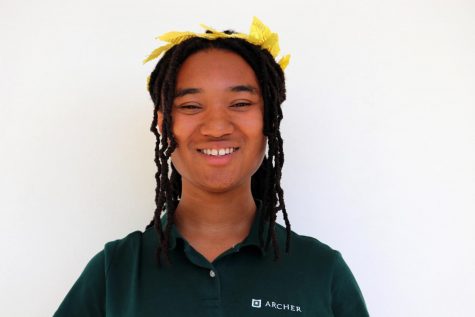
Lena Jones joined the Oracle as a columnist in 2019 with a clear goal in mind: to keep religious affiliation from being an overlooked identifier at Archer....





![Freshman Milan Earl and sophomore Lucy Kaplan sit with their grandparents at Archer’s annual Grandparents and Special Friends Day Friday, March 15. The event took place over three 75-minute sessions. “[I hope my grandparents] gain an understanding about what I do, Kaplan said, because I know they ask a lot of questions and can sort of see what I do in school and what the experience is like to be here.](https://archeroracle.org/wp-content/uploads/2024/03/grandparents-day-option-2-1200x800.jpg)













































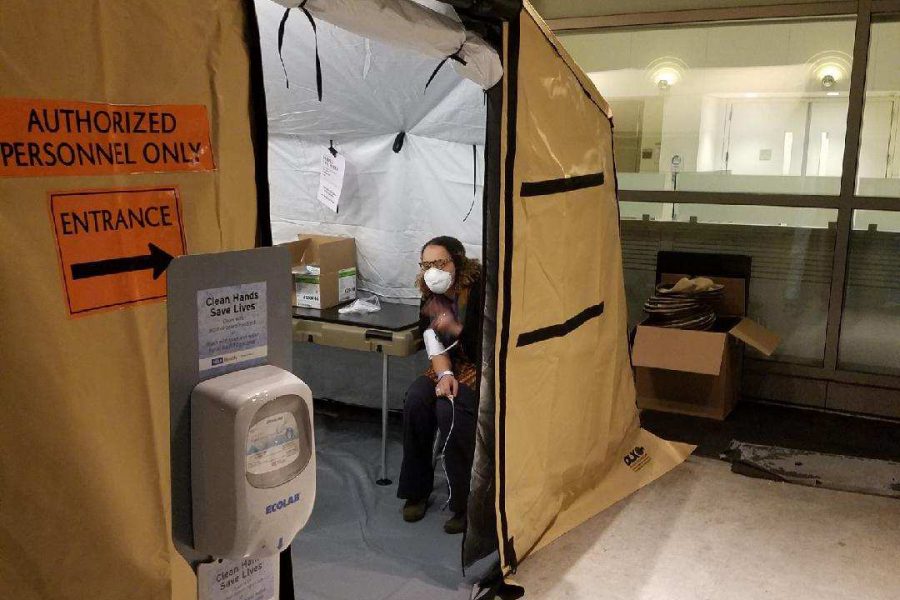
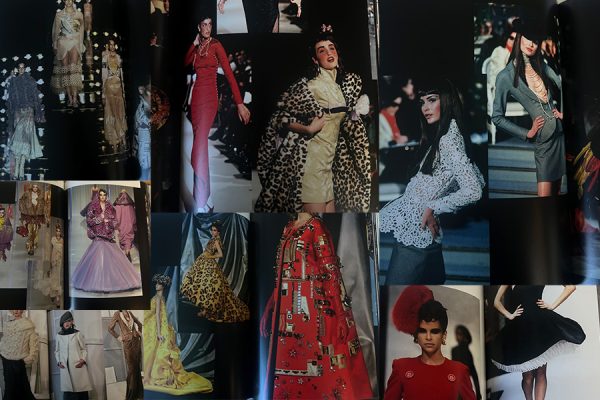
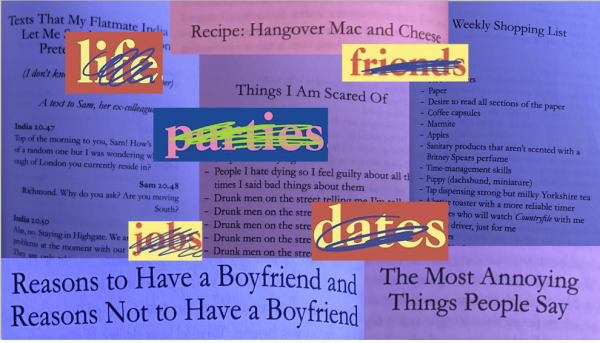

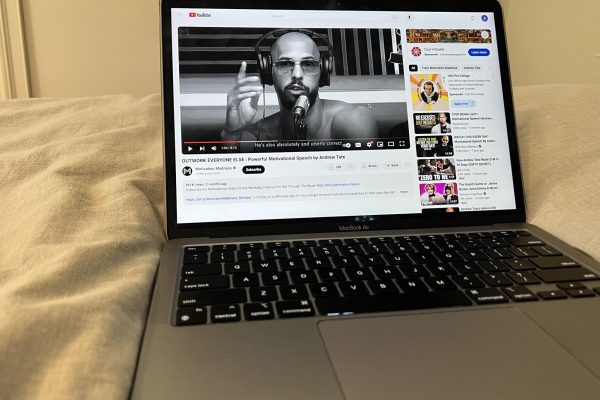
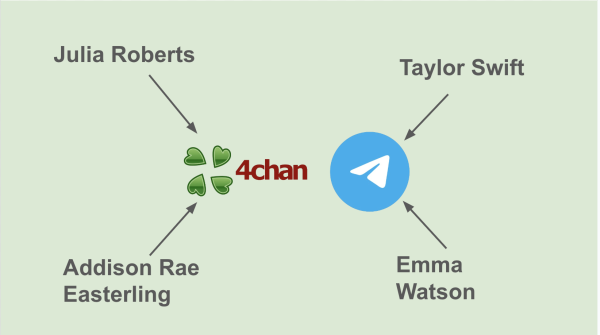
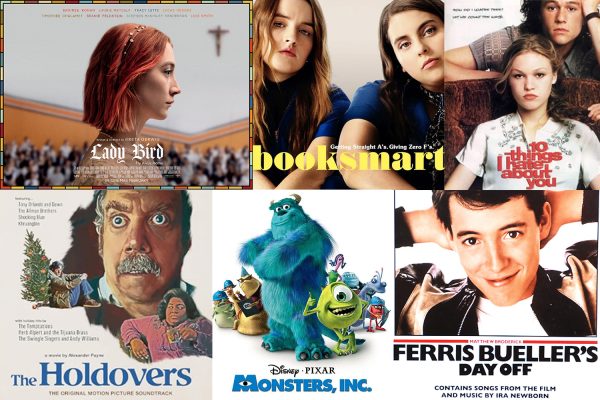
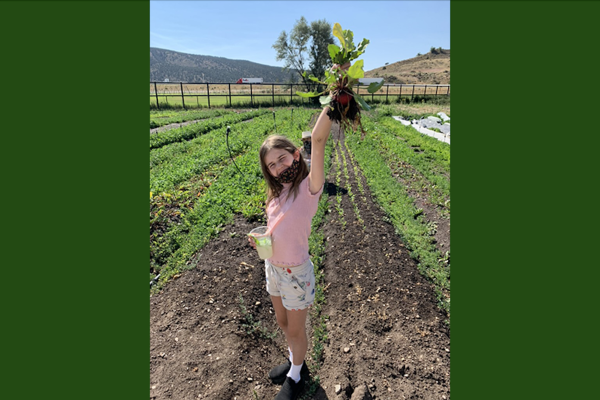
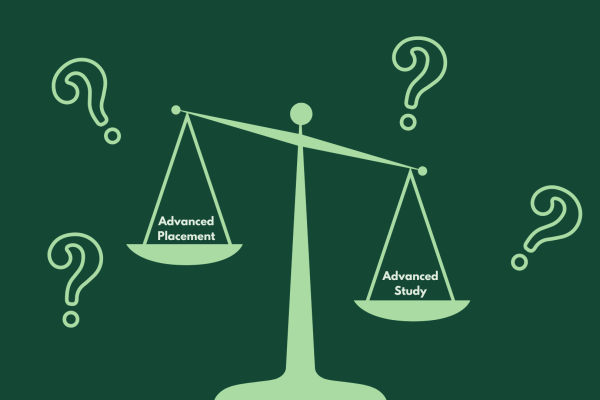
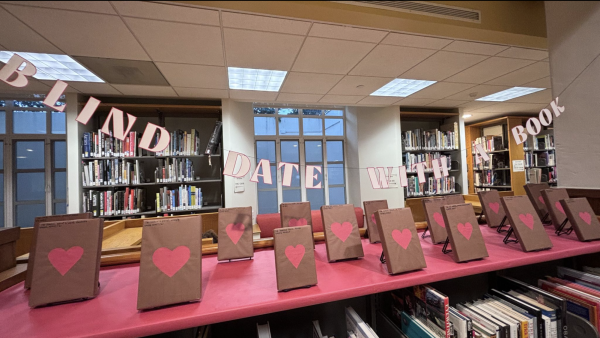
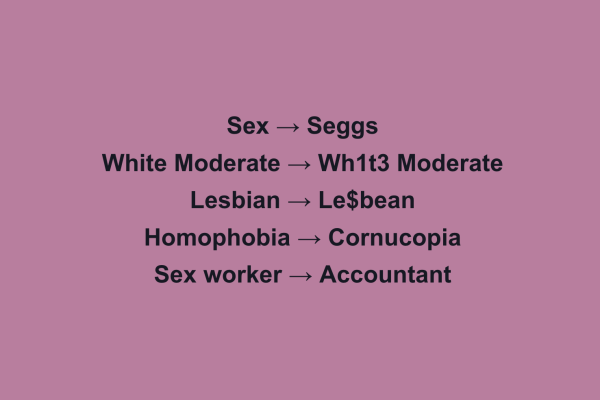

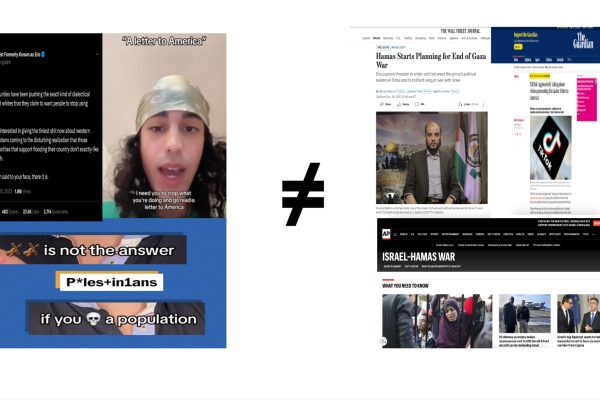
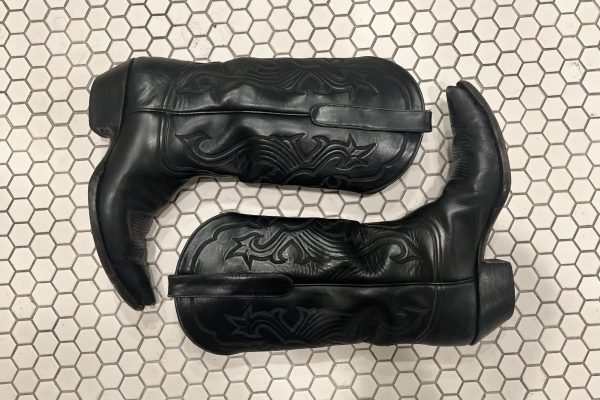
Lexie H Ben-Meir • Apr 22, 2020 at 9:36 pm
Amazing piece, Lena! I love the message of bringing two worlds together that are ordinarily considered as separate. It was super informative and eye-opening. Thank you!
Isabella • Apr 15, 2020 at 7:18 pm
Lena, this is an amazing and insightful article. You and your mother are both huge inspirations. I cannot wait to read more!
Bethany Neubauer • Apr 13, 2020 at 7:02 pm
Thank you, Lena — and Dr. Lyons — for this thoughtful piece. The calm and centered tone is just what we need right now.
Brian Wogensen • Apr 13, 2020 at 8:53 am
Comforting and thoughtful, Lena (and nicely written!). Thank you, and thank you to your mother for her efforts and the wisdom offered.
Dr. Carole A Cobb • Apr 9, 2020 at 8:12 am
First, as a retired K-12 English teacher/administrator and higher ed educator, I commend Lena on a well-written, informative journalistic piece. Second, I thank God for doctors like Dr. Cozzette who have found a healthy balance between faith and science and are able to help their fellow workers enter into that space of peace. I pray this, and safety, for all first respondents wherever they serve. Yes, God is still God and He can, and will heal the land!